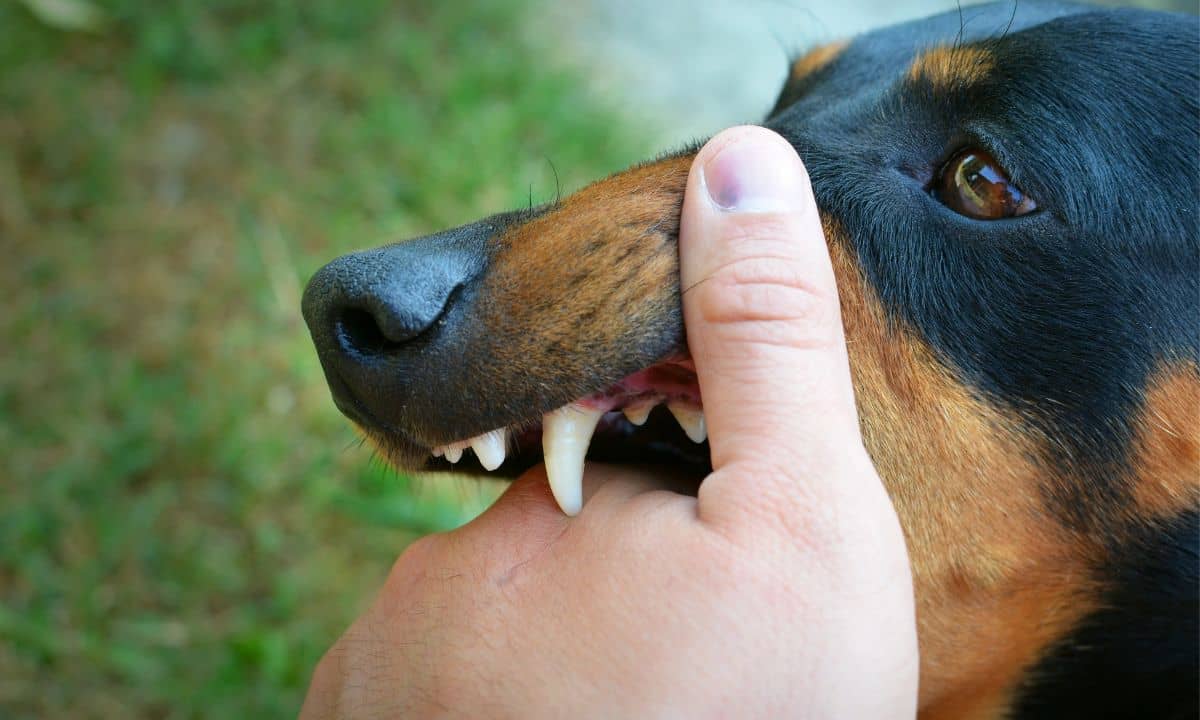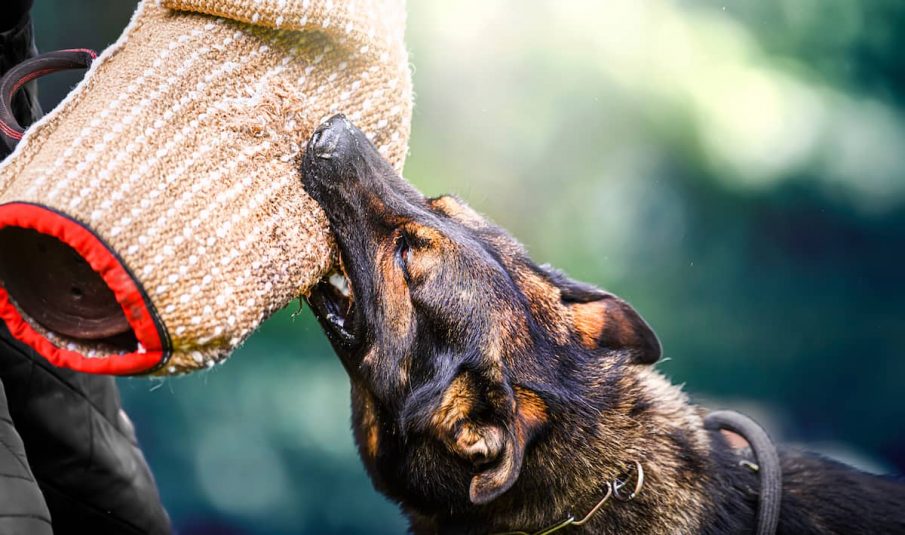Dog bites can be more than just painful—they can leave lasting physical and emotional scars. Navigating the aftermath as a victim of a dog bite can be overwhelming.
According to the World Health Organization (WHO), approximately 4.5 million people are bitten by dogs each year in the United States, with about 20% of those bites requiring medical attention.
In this post, we’ll explore the steps you can take to seek compensation for your injuries and reclaim your sense of security after a dog bite.
Understanding Dog Bite Laws and Your Rights
In the United States, dog bite laws typically fall into two categories: strict liability and the “one bite” rule.
Strict Liability
In states with strict liability laws, dog owners are held accountable for any injuries their dog inflicts, regardless of the animal’s previous behavior or the owner’s knowledge of its aggressive tendencies. This means that if a dog bites you in a strict liability state, the owner is automatically responsible for compensating you for your injuries.
One Bite Rule
Conversely, states that follow the “one bite” rule may require victims to demonstrate that the dog’s owner knew or should have known about the animal’s propensity to bite. In these states, dog owners may only be held liable for injuries if they were aware of their dog’s dangerous behavior before the incident. Proving knowledge of the dog’s aggressive tendencies can be challenging, but it is not impossible with the right evidence and legal representation.
Dog Bite Injury Compensation Options
Regardless of the specific laws in your state, as a victim of a dog bite, you have certain rights protected by the law. These rights may include the right to seek compensation for medical expenses, lost wages, pain and suffering, and other damages resulting from the dog bite incident. Additionally, you have the right to pursue legal action against the dog owner to hold them accountable for their negligence and ensure that similar incidents are prevented in the future.
How to Pursue Compensation
Seeking compensation for your injuries is a critical step towards recovery and justice. Here’s a guide on how to navigate the process effectively:
Seek Medical Attention
Your health and safety are paramount. Immediately after a dog bite, seek medical attention, even for seemingly minor injuries. Not only does this ensure proper treatment and prevention of infection, but it also creates documentation of your injuries, which is crucial for your compensation claim.
Document the Incident
Gather evidence related to the dog bite incident. Take photographs of your injuries, the location where the incident occurred, and any visible signs of negligence, such as an unrestrained or aggressive dog. Obtain contact information from witnesses who can corroborate your account of the incident.

Contact the Dog Owner
Reach out to the dog owner or their representative to inform them of the incident. Obtain their contact information and inquire about their homeowner’s insurance coverage, as this may be the primary source of compensation for your injuries. Maintain a polite and factual demeanor during communication to facilitate a constructive resolution.
Read more: Protection Dogs: More Downsides Than You May Think
File a Claim
If the dog owner is cooperative, you may proceed with filing a claim with their homeowner’s insurance company. Provide detailed documentation of the incident, including medical records, photographs, and witness statements. Work closely with the insurance adjuster to ensure all relevant information is considered in the evaluation of your claim.
Negotiate a Settlement
Your attorney will engage in settlement negotiations with the insurance company to reach a fair resolution. This may involve multiple rounds of negotiation, during which your attorney will advocate for compensation that adequately covers your medical expenses, lost wages, pain and suffering, and other damages resulting from the dog bite injury.
Consider Legal Action
If a satisfactory settlement cannot be reached through negotiations, your attorney may recommend pursuing legal action by filing a lawsuit against the dog owner. Litigation involves presenting your case in court before the judge and jury. Your attorney will represent your interests and present evidence to establish liability and justify the compensation sought.






